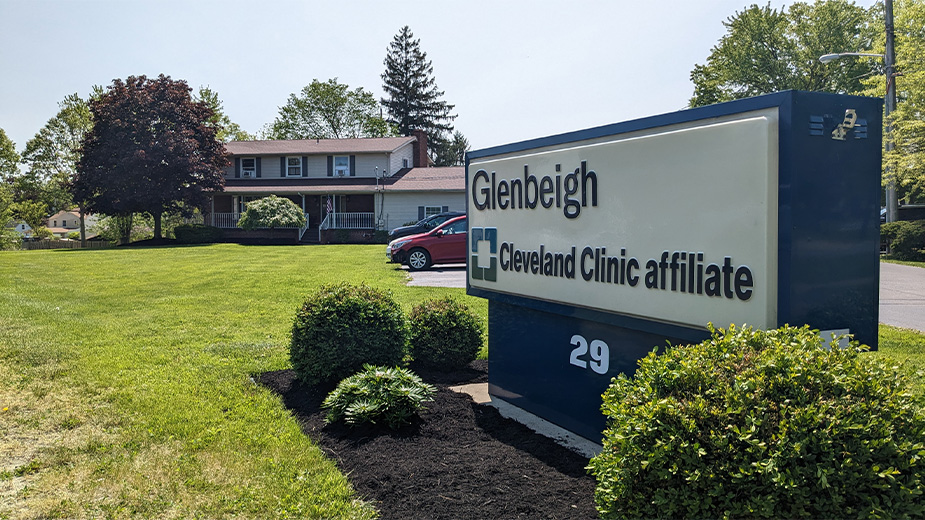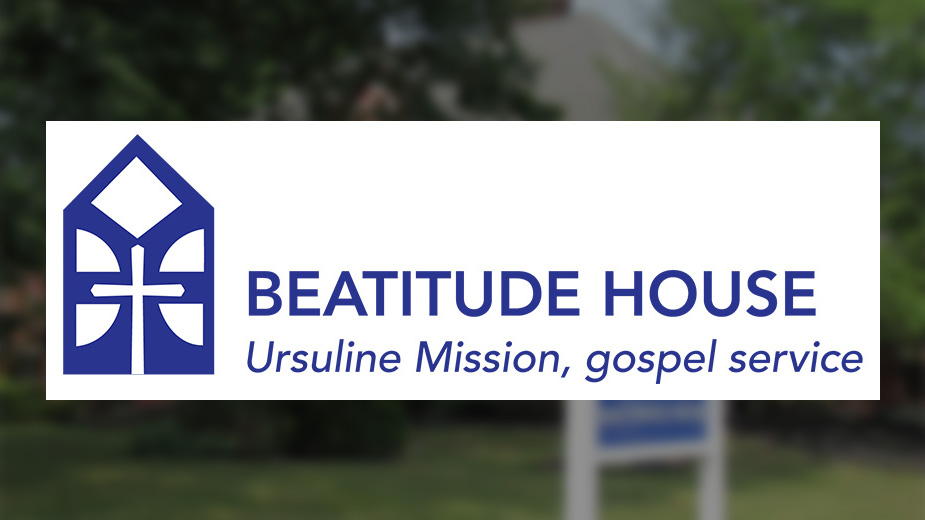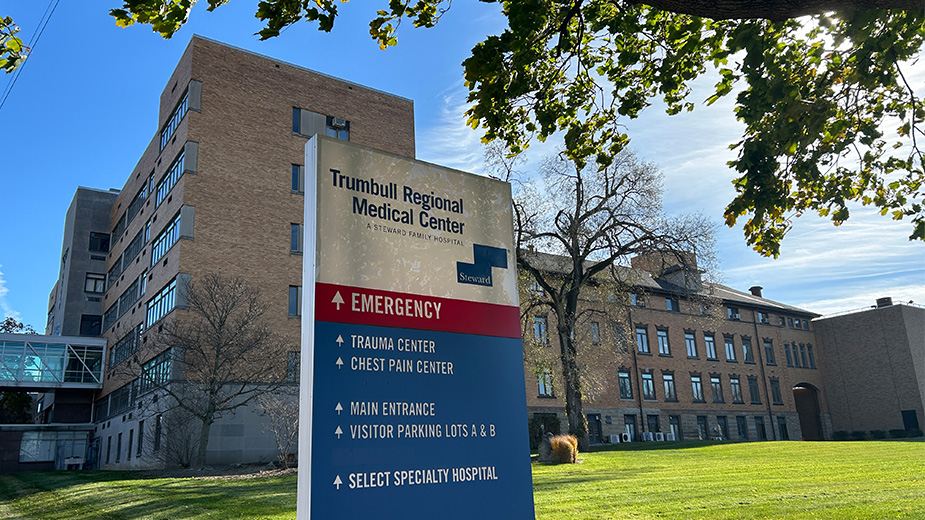Glenbeigh, Flying High Partner on Counselor Assistant Training
YOUNGSTOWN, Ohio – Glenbeigh, an Ashtabula-based drug and alcohol treatment center, will partner with Flying High Inc. to train recovering addicts to treat other chemically dependent individuals through a grant awarded by the Appalachian Regional Commission.
The $123,000 grant to Glenbeigh, which operates an outpatient treatment center in Niles, will support a $176,200 workforce recovery to work-earn/learn/live program, according to a description of the grant award provided by Eastgate Regional Council of Governments, which scored the local projects submitted to ARC.
It was one of four grants totaling $735,400 that ARC awarded for projects in Ashtabula, Mahoning and Trumbull counties last week. Youngstown CityScape received $187,5000 to support its community garden resource center project at the former Briel’s Florist and Greenhouse property.
“This project will develop and support career-specific recovery-to-work education, workforce training and housing to assist individuals in sustaining a successful career pathway,” according to the project description. It will provide chemical dependency counselor assistant certification for 16 participants annually receiving 40 hours of education to address the shortage of mental health care professionals and recovery fields serving two communities and four businesses.
Between 1985 and 2015, treatment professionals entered the field at lower levels, and the emergence of the opiate epidemic increased demand for trained individuals to treat the higher numbers of individuals seeking treatment, Gary Seech, Glenbeigh’s president, said. Now, many counselors have reached retirement age, he added.
“What we have learned over time is that individuals who have a capacity and a passion for helping other recovering addicts and alcoholics, not only do they have an instant credibility, but they also are able to sustain their own recovery at a much higher rate than individuals who are not working in the field,” he said. Many Glenbeigh employees were once patients, he pointed out.
“They have real-world experience with the struggles someone goes through with addiction. They’re very empathetic to the needs of the recovering individual,” Jeff Magada, founder and executive director of Flying High, affirmed.
The ARC grant funds will be used to upgrade Glenbeigh’s three original properties in Rock Creek, then open those properties to individuals in early recovery from drug and alcohol addiction who are not only interested in enhancing their own recovery but potentially working in the addiction treatment field. That could happen not only at Glenbeigh’s main facility but also at its other centers in Ashtabula and Trumbull counties, he said.
“The grant concentrates on reducing barriers to entry for individuals who are in recovery and who want to pursue a career in addiction treatment,” Sheila Vandergriff, Glenbeigh’s director of development, who is based at the Niles treatment site, said.
Among the primary barriers is transportation, Seech said. Driving privileges often have been restricted or lost because of alcohol-related driving infractions or drug use.
“By having that availability on this property, that barrier would be eliminated,” he said.
Other barriers in Appalachian communities include the lack of affordable, long-term sober living housing, internet access and education, Vandergriff said.
The training will be provided through Flying High, a Youngstown-based nonprofit agency that works with individuals in recovery and returning citizens to train them for and place them in jobs, as well as the Ashtabula Mental Health and Recovery Services Board.
Flying High began offering certification for chemical dependency counselor assistants in 2018, Magada said. It will offer training at its Mahoning County facility, he said.
The grant runs through May 2025, Vandergriff said. Initial training takes roughly 40 hours to complete, but another component of certification is work experience, which takes much longer.
“It can be anywhere from eight months to a year for an individual to go through entering the program to having full certification,” she said. Individuals will learn at their own pace.
What Glenbeigh doesn’t want to do is put individuals at risk by placing them in a “clinical work function without a solid foundation for recovery,” Seech said. During the training, they will continue to be accountable to their own recovery and to “living a positive life with other individuals going through the same process,” supporting each other and finding new ways to enjoy life sober, he continued.
“We don’t want to rush the process. That puts individuals at greater risk,” he said. “This is a process that takes time but, ultimately, we want sustained employment of individuals, sustained recovery of individuals, and then the capacity to give back and work in the field that obviously saved their lives.”
Copyright 2024 The Business Journal, Youngstown, Ohio.



